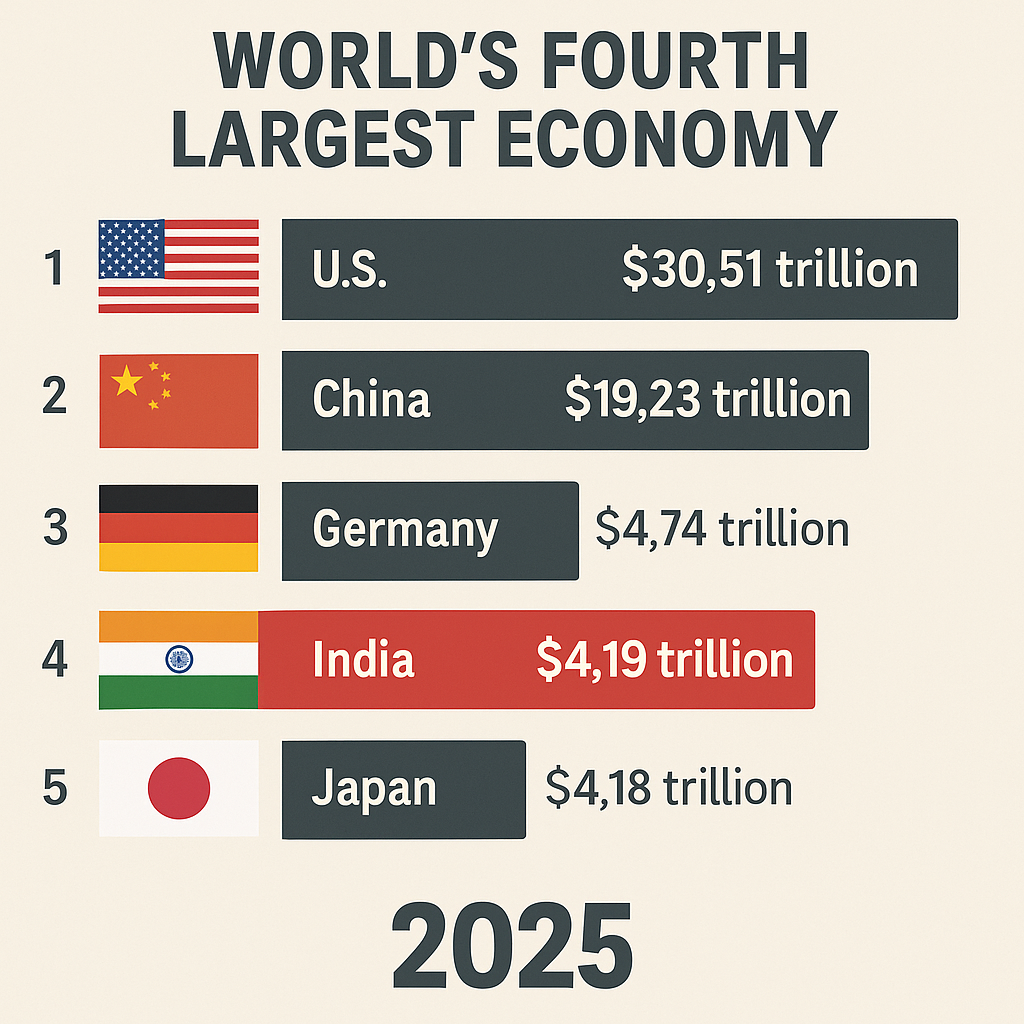
Nikola Tesla’s Nationality: How Europe Views the Inventor’s Origins
Nikola Tesla, one of history’s greatest inventors, was born in 1856 in the village of Smiljan, then part of the Austrian Empire (modern-day Croatia). His legacy is claimed by multiple nations, but how do European countries define his nationality? A look at various Wikipedia pages reveals an interesting pattern.
Serbian or Serbian-American Dominance
Most European countries describe Tesla as Serbian or Serbian-American, acknowledging his ethnic Serbian roots. Croatia’s Wikipedia uniquely calls him a “Croatian-American inventor of Serbian origin,” reflecting the historical and political nuances of the region. Meanwhile, Serbia and many others (UK, Sweden, Poland, etc.) label him a “Serbian-American inventor of Serbian origin.”
Naturalized American with Serbian Roots
Some nations, like Spain, Italy, Belgium, and the Netherlands, emphasize his U.S. citizenship, referring to him as a “naturalized American of Serbian origin.” France, Russia, and Slovakia simply call him an “American inventor of Serbian origin.”
Nikola Tesla’s nationality according to Wikipedias in Europe:
🇭🇷 Croatia: Croatian-American inventor of Serbian origin
🇨🇿 Czechia: Serbian
🇩🇰 Denmark: Serbian
🇱🇻 Latvia: Serbian
🇱🇹 Lithuania: Serbian
🇷🇴 Romania: Serbian
🇬🇷 Greece: Serbian
🇵🇹 Portugal: Serbian
🇦🇱 Albania: Serbian…— World of Statistics (@stats_feed) May 21, 2025
The Unspecified Cases
A few countries—Germany, Austria, and Switzerland—leave Tesla’s nationality unspecified, possibly avoiding historical debates.
Why the Differences?
Tesla’s birthplace (modern Croatia) and ethnic background (Serbian) create overlapping claims. While Croatia recognizes his Serbian heritage, Serbia and others highlight his ethnic identity. The U.S. connection is universally acknowledged due to his later career and citizenship.
The Bigger Picture: Nationality vs. Legacy
Tesla himself identified strongly with his Serbian heritage, often expressing pride in his roots. However, he also embraced his American identity after becoming a U.S. citizen in 1891. The differing Wikipedia descriptions reflect broader historical and geopolitical perspectives:
-
Croatia’s stance acknowledges his birthplace while recognizing his Serbian ethnicity.
-
Serbia’s view emphasizes his ethnic background, aligning with national pride in his achievements.
-
Western European nations tend to focus on his American identity, framing him as a global innovator rather than tying him to Balkan identity politics.
-
The “unspecified” cases may stem from neutrality or a lack of strong cultural claims to Tesla’s legacy.
Ultimately, Tesla transcends nationality—his inventions belong to the world. Yet, Europe’s varying descriptions reflect the complex interplay of history, ethnicity, and national identity. Whether seen as a Serbian genius, a Croatian-born pioneer, or an American innovator, Tesla’s legacy remains universally celebrated.
What do you think? Should Tesla’s nationality be defined by birthplace, ethnicity, or citizenship? Or does his work place him above such distinctions?
Read Also:- Israel urges evacuation of Yemen ports after strikes target Houthi strongholds



